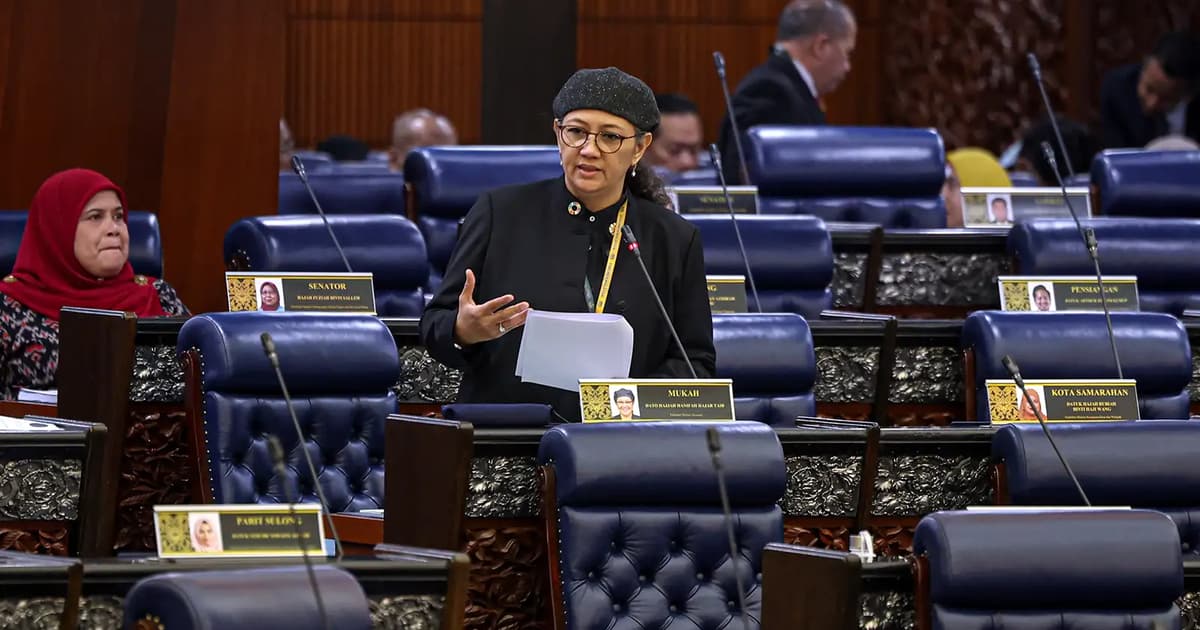
The central database hub (Padu) continues to serve as a key reference for government agencies in formulating policies and programmes to meet the needs of target groups, says deputy economy minister Hanifah Hajar Taib.
To date, she said 204 agencies have been continuously sharing and integrating data with Padu.
“Among them are the national registration department, road transport department, Inland Revenue Board, higher education ministry, education ministry and the immigration department,” she said during the ministers question-and-answer session in the Dewan Rakyat.
Hanifah was responding to Idris Ahmad (PN-Bagan Serai), who asked about the feasibility of the Padu system in implementing targeted subsidies.
She also dismissed Idris’s allegation that Padu has been inactive since the resignation in May of Rafizi Ramli as economy minister because the system was developed under him.
Hanifah said government agencies use Padu’s comprehensive and up-to-date data to verify and validate information on target groups to ensure assistance reaches eligible recipients.
She added that 17 applications to utilise Padu data for various purposes had been approved as of Oct 31, including the Budi Madani RON95 (BUDI95) initiative.
“Other agencies approved to use Padu data include the works ministry, national digital department, higher education department and skills development department.”
Hanifah said the government will continue to expand the use of Padu data across government agencies, in line with the Data Sharing Act 2025 and its Public Sector Data Sharing Policy.
She also noted that the economy ministry is continuously improving the data-sharing processes and procedures under Padu, including enhancing data security and quality measures.
Launched in January last year, Padu, a centralised data repository, now contains 30.4 million profiles of individual citizens and households, as well as permanent residents in Malaysia.






